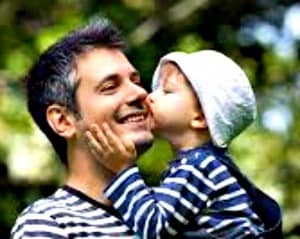
Parents of 180 children with ASD between ages three and seven participated in the 24-week study. The parents were randomly assigned to either a 24-week education program or a 24-week training program. The education program consisted of 12 core sessions and included one home visit. The parents received information about ASD, but no guidance for managing behavioral issues. The training program consisted of 11 core treatment sessions, two optional sessions, two telephone boosters, and two home visits. The parents in both groups attended over 90 percent of the sessions.
Both the parent education and the parent training programs improved behavior, but only children whose parents were in the training program exhibited less disruptive and non-compliant behavior. According to parent ratings, children of parents in the training group demonstrated a 48 percent improvement in disruptive behavior and children of parents in the education group demonstrated a 30 percent decline. A clinician rated the children’s overall progress. The clinician found that 70 percent of the children in the training group showed a positive response, compared to 40 percent in the education group.
The findings suggest that even just providing accurate information about ASD to parents is helpful in addressing challenging behaviors. The results also suggest that parent training can be an alternative to medication.
“This is a very important study for children and families with ASD. Parent training is known to be effective for children and adolescents with behavior problems, and is now demonstrated to be effective for children with ASD. The magnitude of benefit is large given the active control group,” stated John Walkup, MD, a child psychiatrist and professor at Weill-Cornell Medical College and New York Presbyterian Hospital, who was not involved in the study.
This research is published in the Journal of the American Medical Association.
Previous news in autism:



 © 2026 Unyte Health US Inc.
© 2026 Unyte Health US Inc.